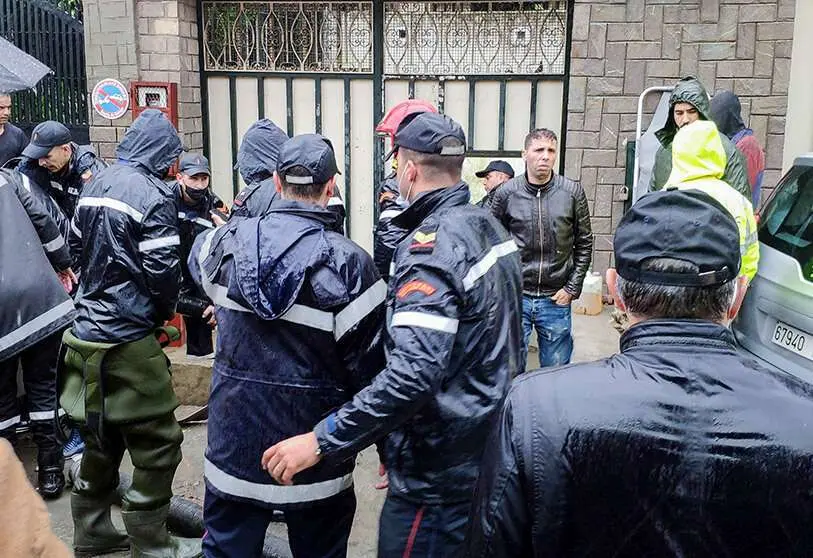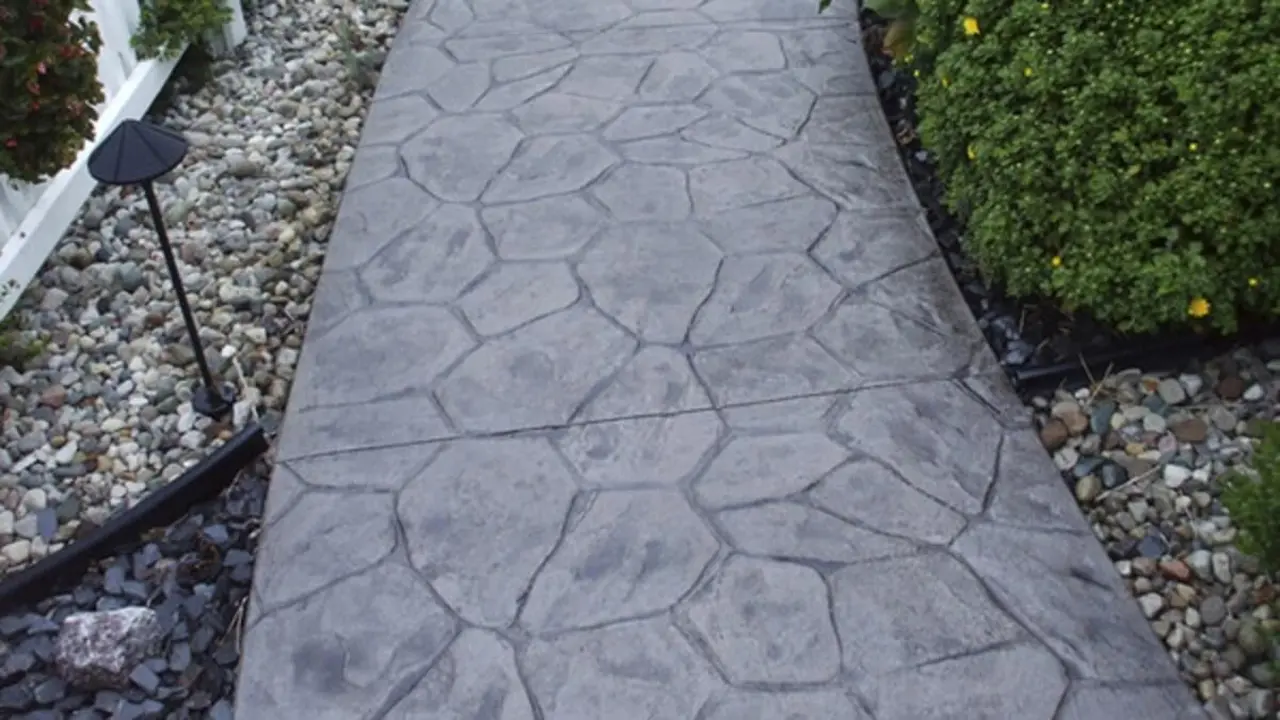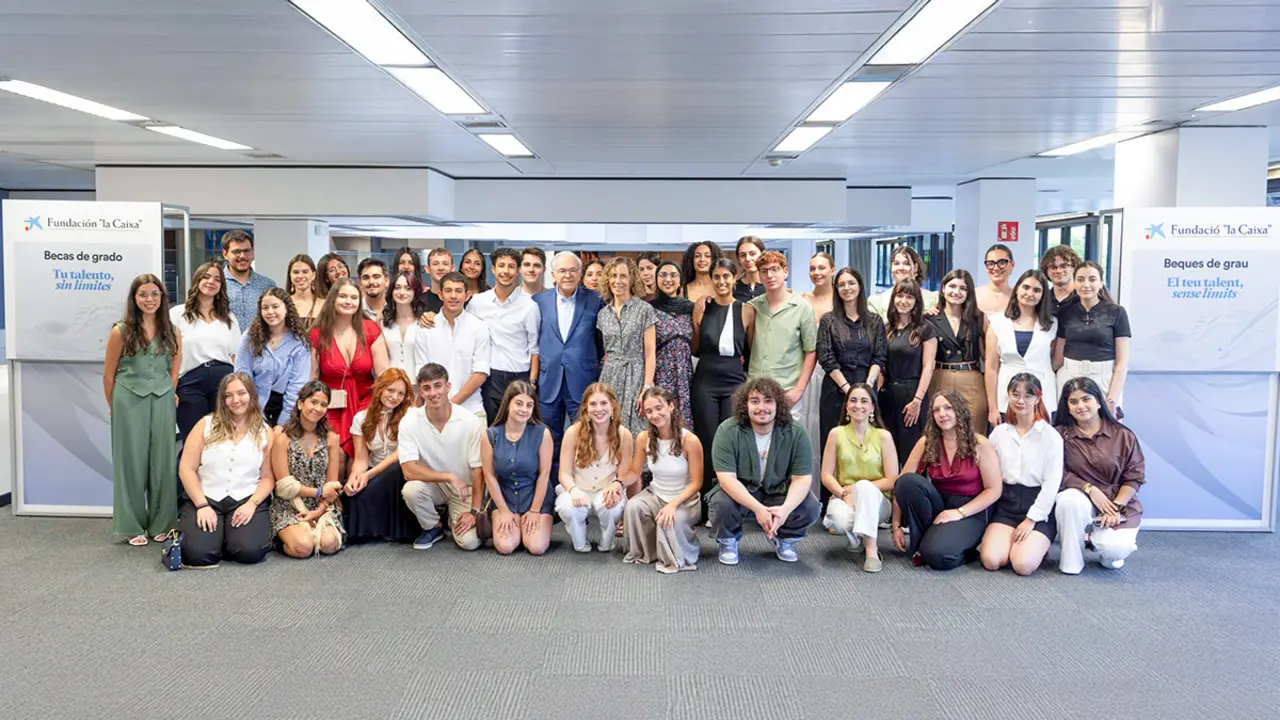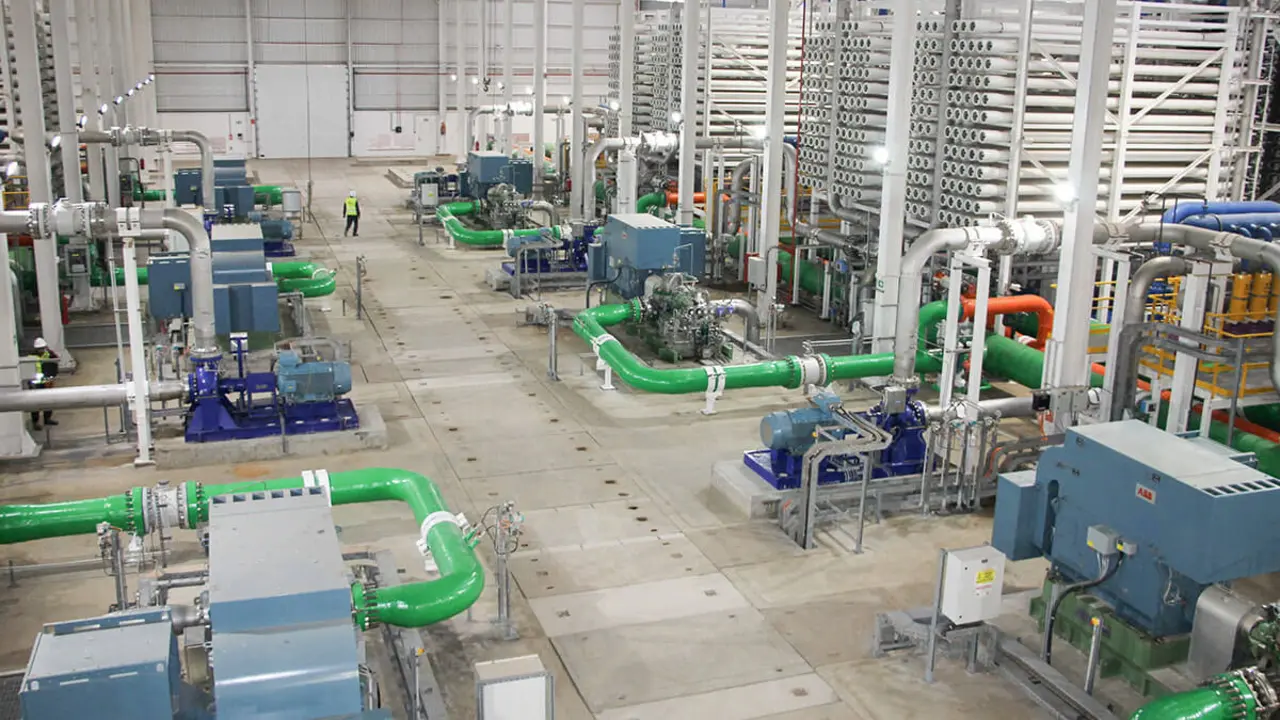Prisión preventiva para el propietario de la fábrica textil de Tánger en la que murieron 28 personas

The owner of the textile factory in Tangier in which 28 people lost their lives on 8 February has been remanded in custody pending the conclusion of investigation proceedings, the public prosecutor of the Tangier Court of First Instance has said.
"Following the investigation ordered by the Public Prosecutor's Office to clarify the circumstances of the death of several people in a textile industrial unit on 8 February in Tangier, the Public Prosecutor's Office filed a request to carry out an investigation against the owner of this unit, as well as against all those involved in this incident, for manslaughter and involuntary injuries and violations of the Labour Code," reads the statement from the Public Prosecutor's Office.
The examining magistrate at the Court of First Instance in Tangier remanded the accused in custody pending the completion of the investigation after an initial interrogation, according to the statement of King Mohamed VI's lawyer at the Court of First Instance in Tangier, reported by the state news agency MAP.
On 8 February last, 28 workers died in the textile factory located in the underground area of a residential building in the south of the Moroccan city, in the Al-Mars neighbourhood, near the road to Rabat. Up to 24 people lost their lives in the basement, 10 others were hospitalised. Torrential rains flooded the premises, so the victims may have died from drowning. The deceased were submerged when the water reached a depth of 3 metres, according to the authorities.
The owner of the factory, one of the survivors, is charged with the crimes of involuntary manslaughter, unintentional injury, failure to comply with the regulations of the health emergency law, as well as opening a business without a licence, employment of minors without a permit, and failure to comply with health and safety conditions in the workplace".
The case was referred to the Public Prosecutor's Office of the Court of First Instance after passing through the Court of Appeal, from where a request for the opening of the investigation was forwarded. In addition, a hearing was scheduled for 9 March for the first examination of the facts.
Local media initially claimed that the factory was illegal, but a police source told AFP that the legal status of the site "will be revealed by the investigation". Therefore, for the moment there is no official confirmation about the licence.

Moroccan MPs observed a minute's silence in memory of the "martyrs of the informal economy". The presidents of the various parliamentary groups also denounced the existence of these clandestine work units and called for a full investigation to "establish all responsibilities".
The incident highlighted the importance of safety conditions in the working environment, as well as concerns about non-compliance with basic standards. It also served to highlight the problem of the informal economy, which accounts for almost a third of Morocco's GDP, according to a recently published report by the Kingdom of Morocco's central bank.
To meet growing international demand, a large number of companies in Morocco, especially in the cities of Casablanca and Tangier, develop unregulated clandestine factories to speed up production and meet deadlines. Large factories also subcontract such illegal units to better compete with foreign products.
They are hidden in residential areas and often employ up to 40 people, many of them minors. This has been the case in the Tangiers factory. Long working hours and low wages are one of the main characteristics of the working conditions. This is compounded by a number of safety hazards. Lack of fire extinguishers, emergency exits and even indoor plumbing are the norm.
A total of 2,000 deaths per year are related to occupational accidents in Morocco. This is one of the highest figures in the Middle East and North Africa region, according to data presented by the Kingdom's Economic, Social and Environmental Association.








